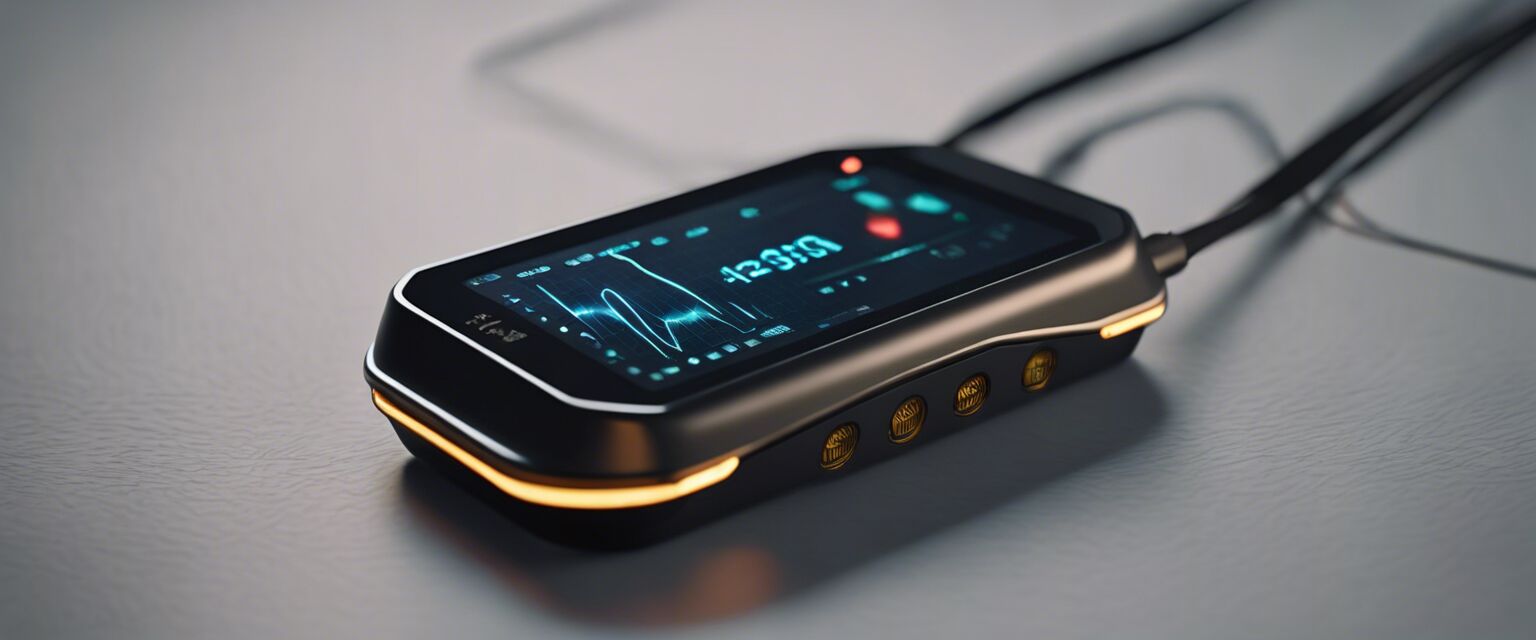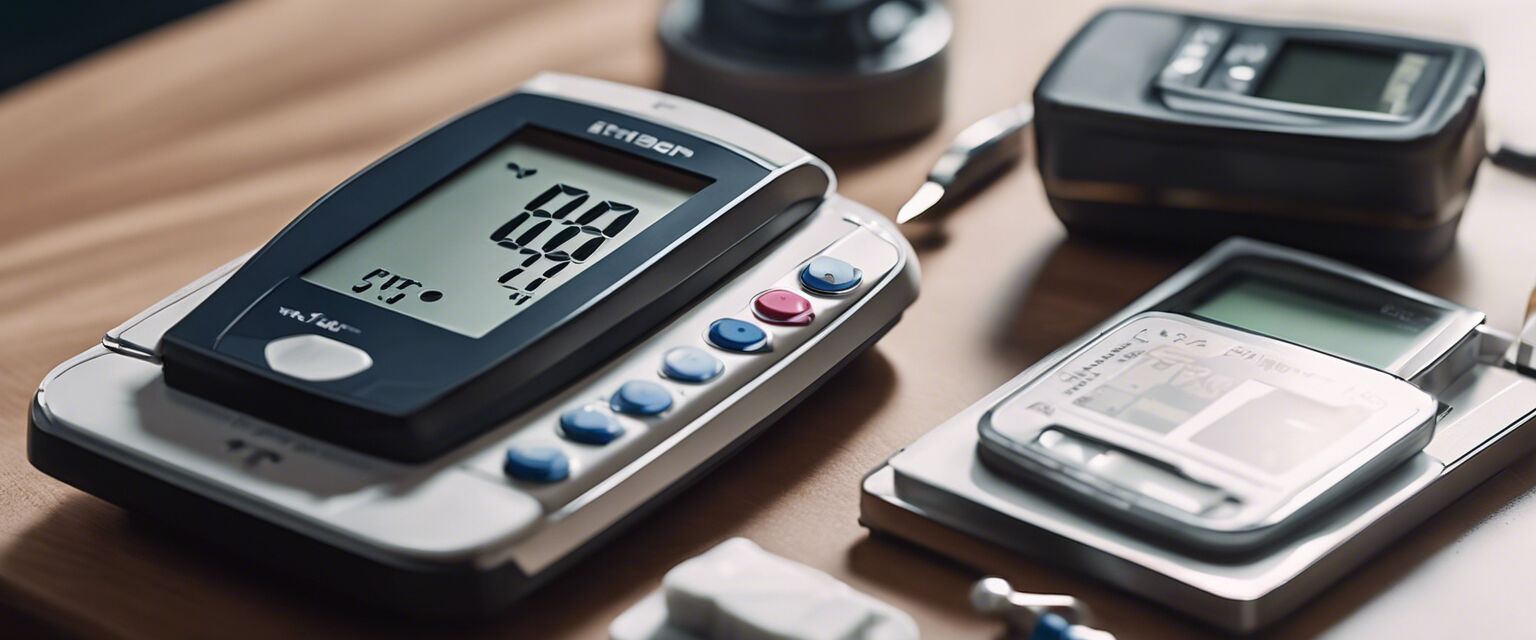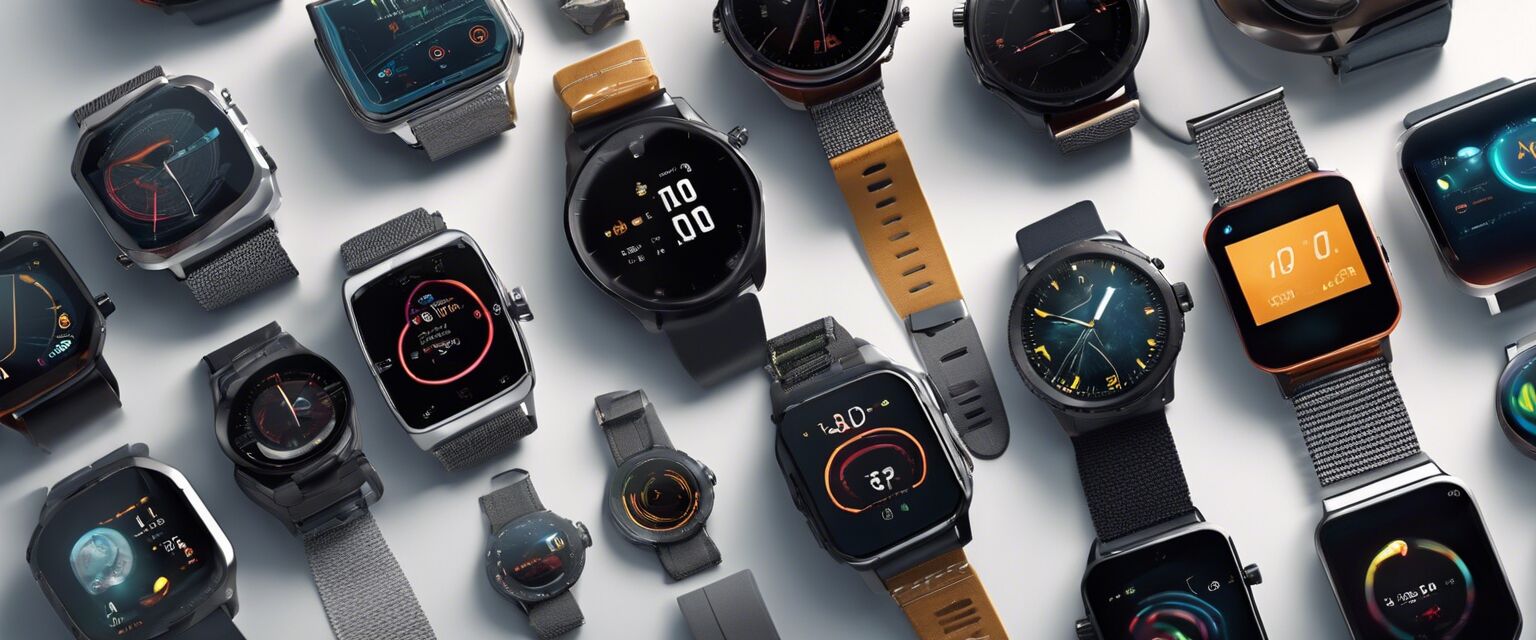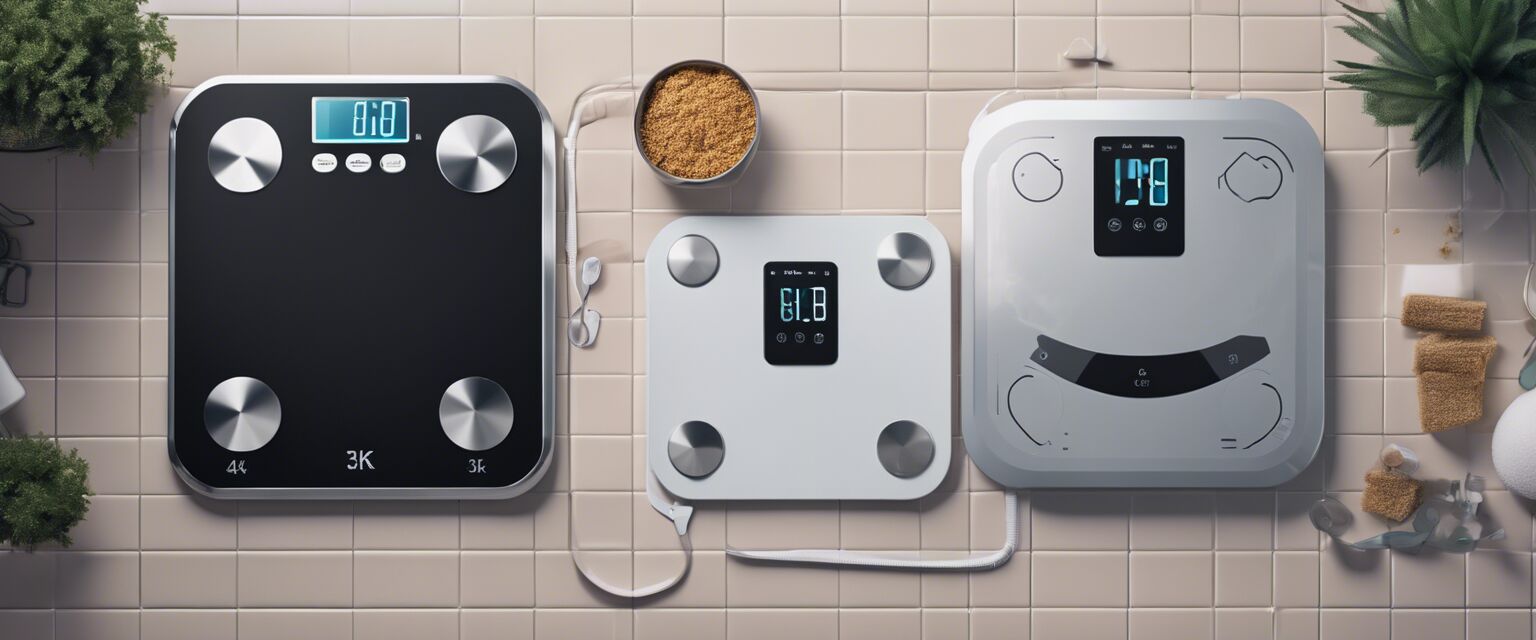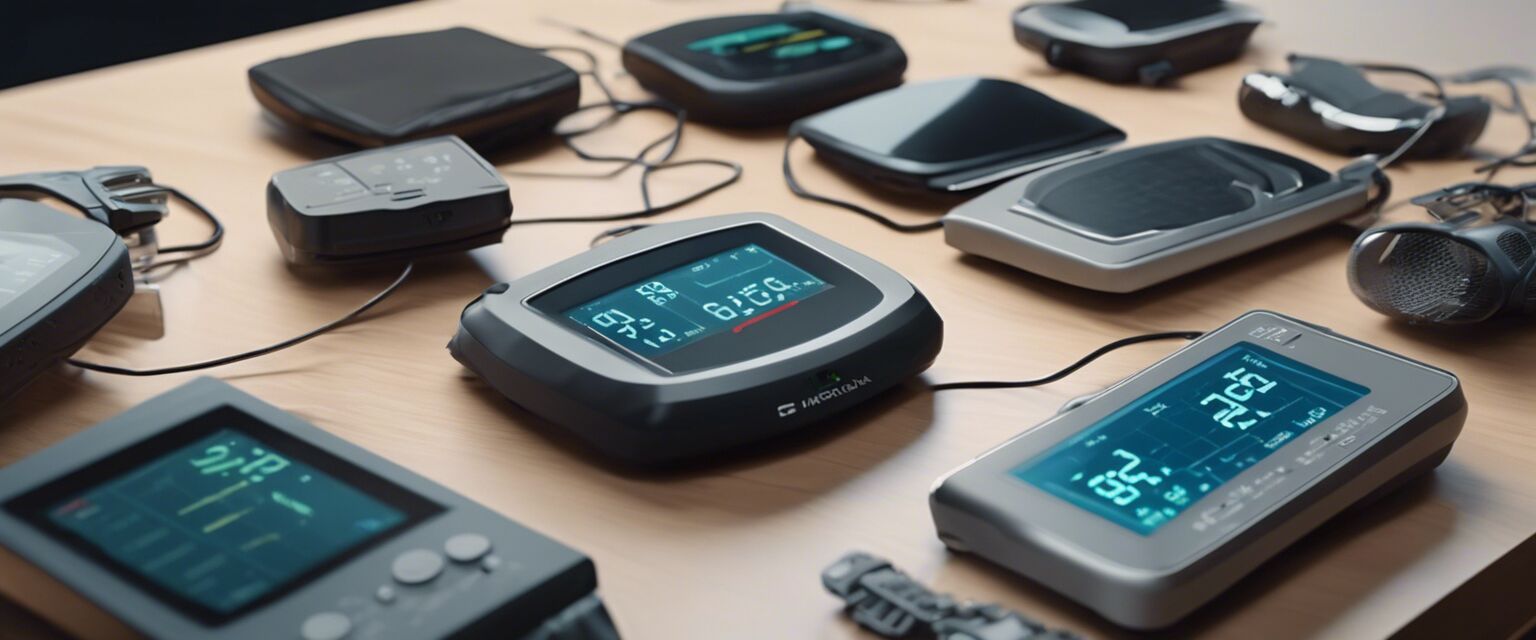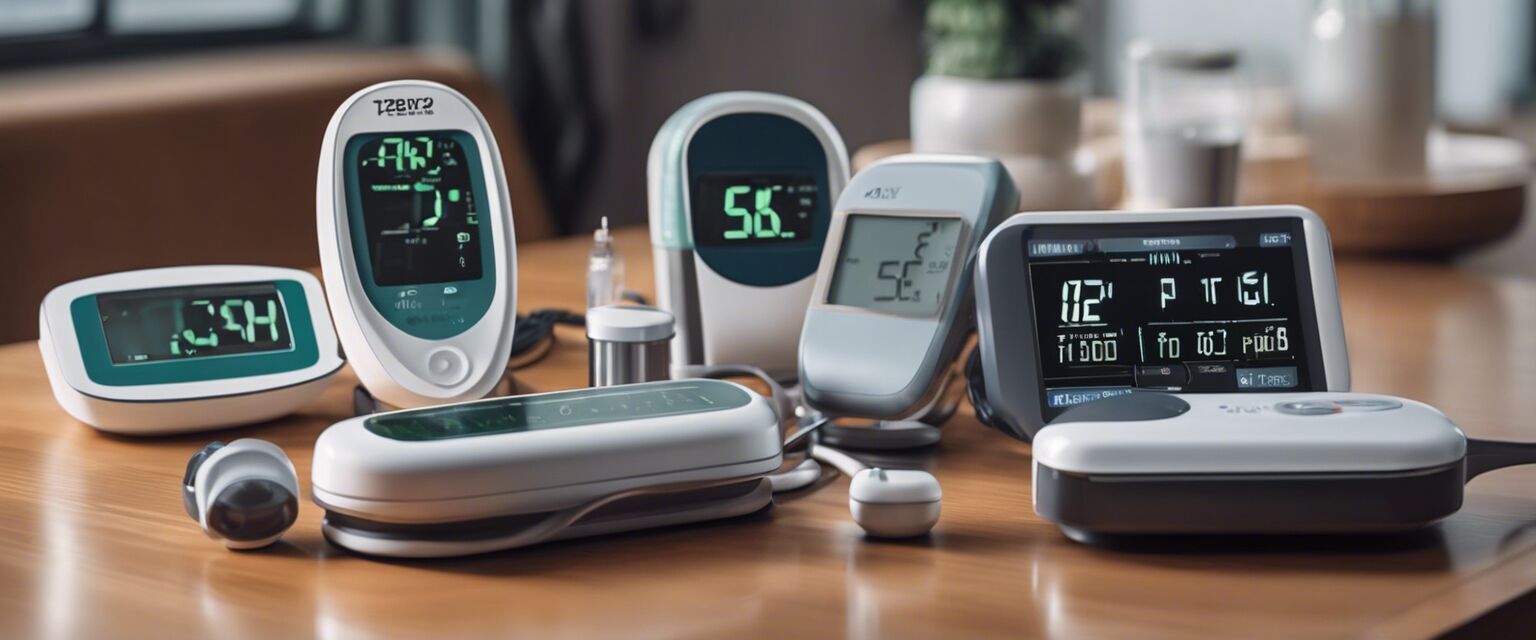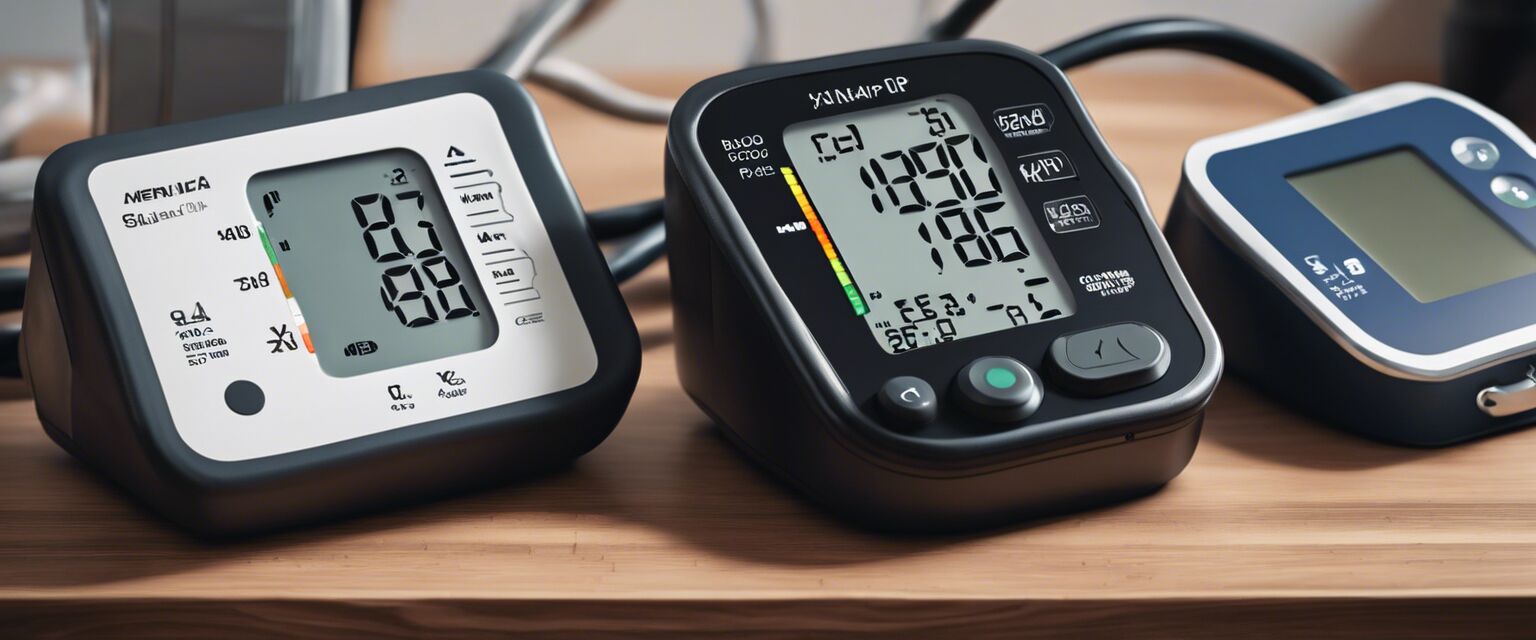Sleep Trackers
Key Takeaways
- Sleep trackers monitor various aspects of sleep quality.
- These devices can provide insights into sleep patterns to help improve overall rest.
- There are many types of sleep-tracking devices available, each with unique features.
- Choosing the right model depends on personal preferences and intended use.
In an increasingly busy world, ensuring quality sleep has become more important than ever. Sleep trackers are innovative devices that monitor your sleep patterns to help you achieve restful nights. This article explores the different types of sleep trackers available, their features, and how they can be beneficial in understanding and improving sleep quality.
Types of Sleep Trackers
Sleep trackers come in different forms, each tailored to specific monitoring needs. Below is a comparison table of the various types of sleep tracking devices:
| Device Type | Common Features | Target Users |
|---|---|---|
| Wearable Fitness Trackers | Heart rate monitoring, sleep stages, activity tracking | Active individuals, fitness enthusiasts |
| Sleep Monitoring Systems | Sound and movement detection, bedroom environment sensing | All users looking to enhance sleep quality |
| Smartwatches | Sleep tracking, notifications, health tracking features | Tech-savvy users, busy professionals |
| Non-wearable Devices | Bedside monitoring, sleep analysis through sensors | Individuals preferring not to wear devices while sleeping |
Why Use a Sleep Tracker?
Using a sleep tracker can provide valuable insights into the quality of your sleep. They are typically equipped to measure:
- Sleep duration
- Sleep cycles (deep sleep, light sleep, REM)
- Heart rate during sleep
- Sleep disturbances or interruptions
Benefits of Using Sleep Trackers
Tracking your sleep can lead to improved health and well-being. Here are some benefits:
- Identifying irregular sleep patterns
- Better understanding of sleep quality
- Helping to establish a consistent sleep schedule
- Providing data that can assist in stress management and mental health awareness
How to Choose a Sleep Tracker
When selecting a sleep tracker, consider the following factors:
- Accuracy: Ensure the device has reliable tracking capabilities.
- Comfort: Wearables should be comfortable enough to wear during sleep.
- Features: Decide which features matter most to you (e.g., heart rate monitoring, app integration).
- Price: Set a budget as devices can vary greatly in cost.
Popular Sleep Tracking Devices
To better understand the market, hereâs a brief overview of popular sleep trackers:
| Device | Type | Key Feature |
|---|---|---|
| Fitbit Charge 5 | Fitness Tracker | In-depth sleep analysis |
| Oura Ring | Wearable Ring | Temperature sensing & readiness tracking |
| Withings Sleep Tracking Mat | Non-wearable | Under-mattress tracking |
| Apple Watch Series 8 | Smartwatch | Deep sleep and heart rate monitoring |
Tips for Better Sleep
Beginners Section: Tips for Better Sleep
- Establish a calming bedtime routine.
- Avoid screens at least one hour before bed.
- Keep your bedroom dark and at a cool temperature.
- Limit caffeine and alcohol consumption.
- Engage in regular physical activity during the day.
Pros and Cons of Sleep Trackers
Pros
- Provides insights into sleep patterns.
- Encourages healthier sleep habits.
- Can track overall health and wellness when combined with other metrics.
- Accessible technology for a variety of users.
Cons
- Some devices may lack accuracy.
- Can be expensive, depending on features.
- Potential for privacy concerns with health data.
- Placing too much emphasis on data may lead to anxiety over sleep.
Conclusion
Choosing the right sleep tracker can pave the way for enhanced sleep quality and overall well-being. Whether you prefer wearables like smartwatches or non-wearable devices that monitor your sleep without being intrusive, there is a device that fits your lifestyle. By utilizing these tools effectively, you can gain a clearer understanding of your sleep patterns and make informed decisions to improve your sleeping habits.
For more information on other health monitoring devices, explore our categories on Blood Pressure Monitors, Body Composition Scales, or Fitness Trackers.
Additional Resources
For further reading and resources, consider checking our articles on Glucose Monitors, Pulse Oximeters, and Smartwatches.
